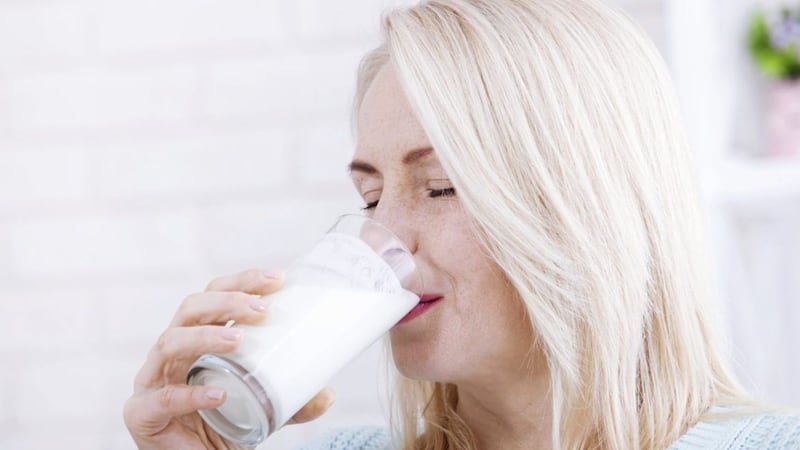PSST… scientists have recognised a 'new' organ in the body and it’s in the form of trillions of bacteria – introducing the microbiome – weighing in at almost 5lbs.
The human body is fascinatingly made up of more or less an equal number of human cells to bacterial organisms – yes, we are a host. There are 10,000 different bacterial species in the body, with 700 species found in the mouth. Our personal microbiome is as individual as our fingerprints as everyone has a different mixture of species living inside.
But steady on, no need to reach for a scrubbing brush, as these bacteria are mostly our friends – keeping us healthy and fighting off diseases in a balance known as symbiosis. Bacteria work overtime helping us to digest our food, strengthen our immune system and even aid in the production of various vitamins such as vitamins B and K.
If for some reason we get sick, eat a poor diet or take medicines (such as antibiotics) then our microbiome can be kicked out of balance into dysbiosis, allowing more disease-causing bacteria to overgrow and cause problems such as weight gain, high blood sugar, high cholesterol and other disorders including gum disease.
Probiotics have been used in medicine for a number of years to try and manipulate the microbiome to treat diseases such as inflammatory bowel disease, vaginal infections and in the prevention of allergies.
More recently gum disease has been put under the microscope to see if by boosting the microbiome, by eating probiotics, we can strengthen our gums and slow down gum disease which erodes the bone around teeth.
Probiotics can be consumed in tablet form or by eating foods such as yoghurts, kefir and fermented foods like sauerkraut, kimchi and tempeh.
The studies on probiotics show varying success rates and most looked at the bacteria Lactobacillus salivarius, Lactobacillus rhamnosus and Bacillus subtilis, Lactobacillus brevis and Lactobacillus reuteri, with the latter two showing the most promising results in the fight against aggressive gum disease.
As with practically everything in medicine, more research is needed; however, it’s exciting to think that we can ward off gum disease by eating a bowl of bacteria (and using a toothbrush).








